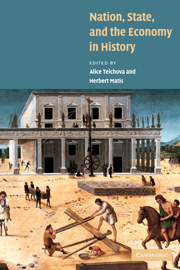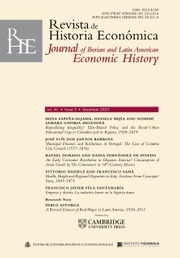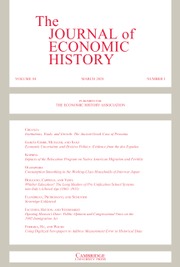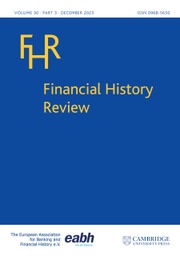The History of Family Business, 1850–2000
This historical and comparative overview of family business examines the different relationships within family businesses and among family enterprises, as well as different political and institutional contexts. Andrea Colli compares the performance of family businesses with that of other economic organizations, and looks at how these enterprises have contributed to the evolution of contemporary industrial capitalism. He also analyzes the reasons for both the decline and persistence of family businesses.
- Provides an up-to-date insight into the international literature on family firms
- Provides a discussion of the traditional view on family firms' backwardness
- Emphasizes the role of culture and institution in explaining the persistence of family firms
Reviews & endorsements
"In The History of Family Business, 1850-2000, Andrea Colli presents a clear, systematic analysis, both historical and theoretical, of the emergence and persistence of the family firm." Business History Review
Product details
February 2003Hardback
9780521800280
116 pages
216 × 140 × 11 mm
0.3kg
Available
Table of Contents
- Introduction
- Part I. Family Business: Nature and Structure:
- 1. In search of a definition: quality and quantity
- 2. Changing perspectives on family firms
- Part II. Geographical, Sectoral and Dimensional Distribution of Family Firms:
- 3. Stages of the industrialization process
- 4. Industry typology
- 5. Financial systems
- 6. Institutional framework
- 7. Culture
- 8. Families, firms and ideologies
- Part III. Family Firms in the Era of Managerial Enterprise:
- 9. Which role for family firms? The traditional view
- 10. Which role for the family firm? Toward a new perspective
- 11. Old problems, open questions: leadership succession, corporate governance, and path dependence
- 12. Conclusions
- 13. Bibliographical essay
- 14. Bibliography.










